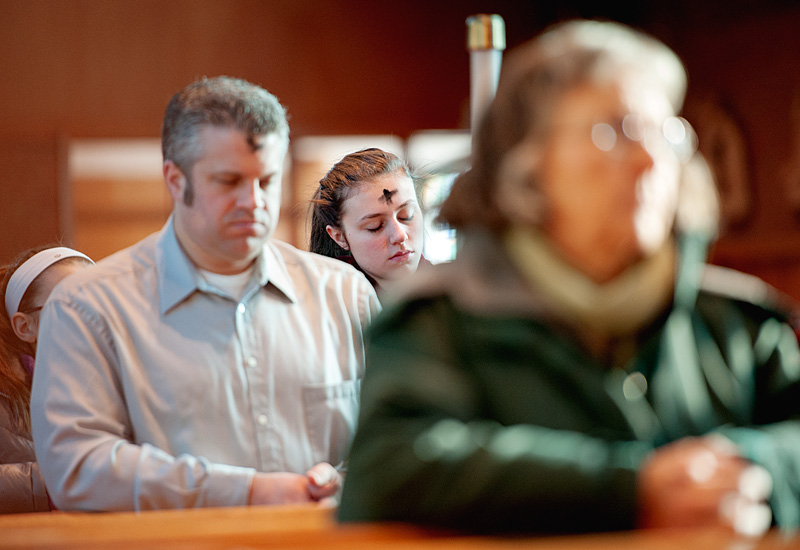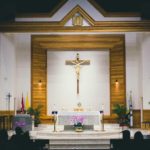What is Lent?
Lent is the period of time between Ash Wednesday and Holy Thursday, where one is expected to pray, fast, and give alms. In Greek, Lent is known as “tessarakosté”, meaning fortieth. This term was first used in 325 AD, in the Council of Nicea. However, scholars debate whether the use of that term is meant to reference Lent or not. Nonetheless, it is certain, due to his “Festal Letters”, that St. Athanasius mandated his congregation to fast throughout a forty day period. As the fourth century came to a close, both the East and West observed Lent.
How and why do we fast?
Traditionally, throughout Lent we abstain from eating meat on Ash Wednesday as well as every Friday of Lent if we are fourteen or older. As well, on both Ash Wednesday and Good Friday, we are obliged to fast, or have one meal and two smaller meals that don’t add up to one meal’s worth of food, with no snacks in between. The fasting obligation is only for those who are between eighteen and fifty-nine and are in a state able to do so i.e. not sick, etc. There are many reasons why we, as Catholics, undertake this effort. As said in the Gospel, Jesus fasted for forty days before beginning His public ministry. Likewise, we too emulate Him by fasting and abstaining over a forty day period. As well, Jesus expected His apostles to fast, saying “The days will come when the bridegroom is taken away from them, and then they will fast.” (Matthew 9:15). In self-denial and obedience, then we too must fast. The hunger we experience, and the desire for what we have given up is also a reminder for us. If we feel so strongly about material things, how much stronger must we feel for our God, who we literally cannot live without?
Why is Lent important?
Archbishop Fulton Sheen once wrote: “Never forget that there are only two philosophies to rule your life: the one of the cross, which starts with the fast and ends with the feast. The other of Satan, which starts with the feast and ends with the headache.” The main purpose of Lent is to prepare ourselves for the greatest victory known to man – Easter. It is not enough that we simply commemorate the sufferings of Christ, but for us to, in a sense, relive it in our own way. As we continually die to ourselves by praying, fasting, and giving alms, we grow in holiness and wean ourselves off from sin. It is only when we are fully turned towards God that we can celebrate to the fullest.
“The glory of God is the human person fully alive.” – St. Irenaeus
May God bless you this Lenten season!
Lorenz Somollo – East Cluster Advocacies Head | CFC-Youth Pacific Region




